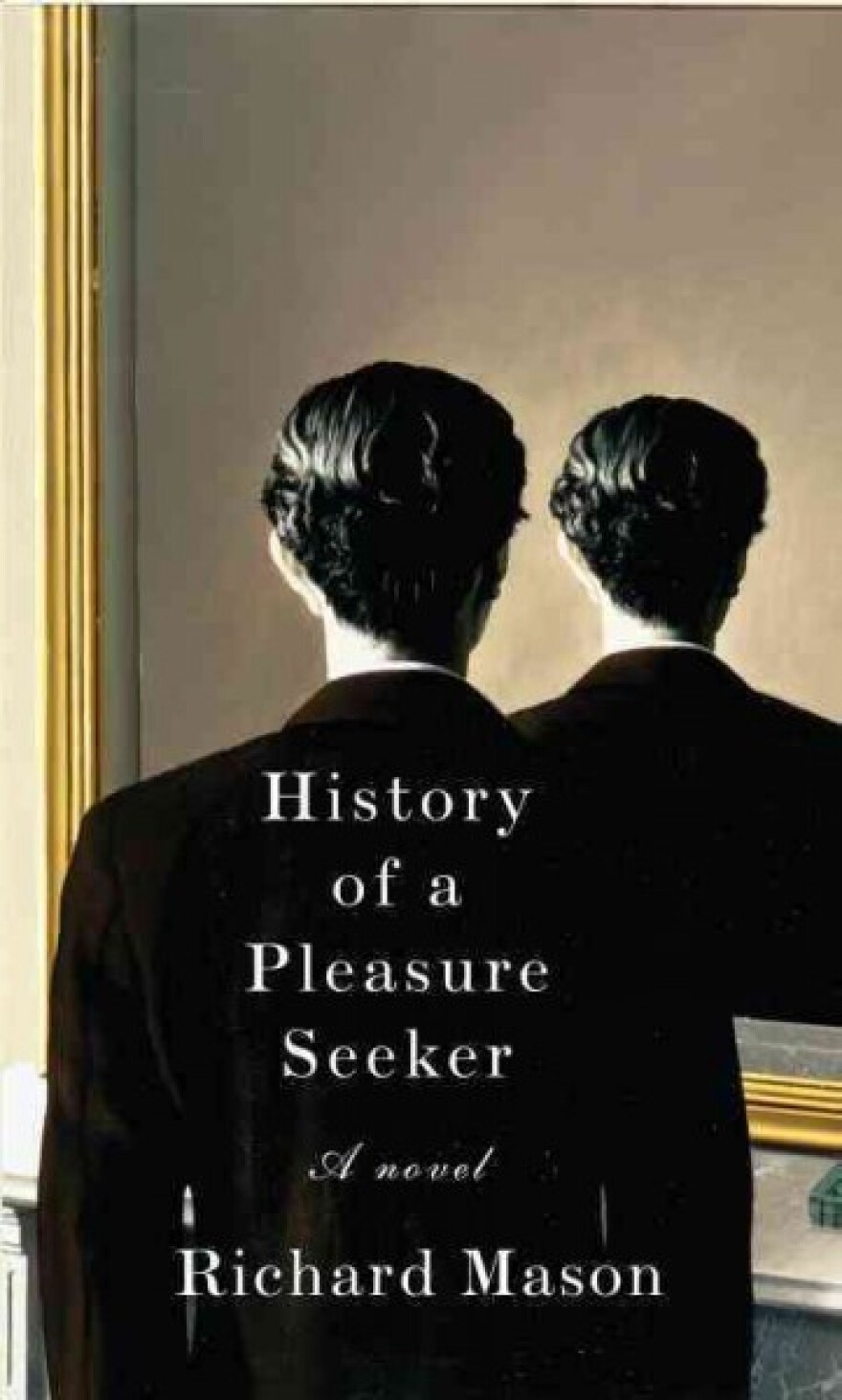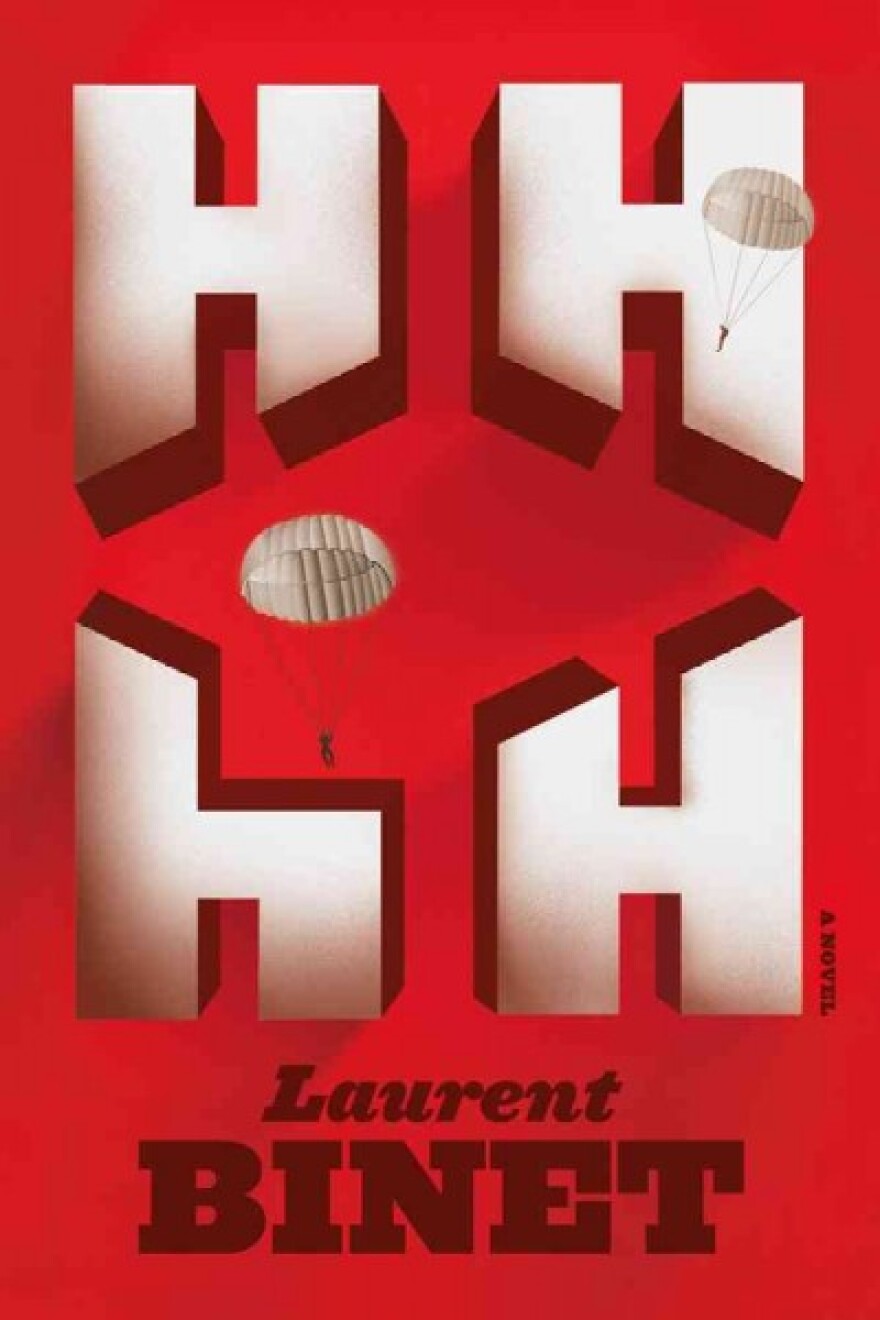I have always loved a great story set in the past. Give me a high-powered historical plot, and I will keep turning those pages until my eyes cross. Kings or consuls, functionaries or janissaries, it doesn't matter, only that it pounds onward to the conclusion — volcano explosion, battle or market crash. It's literary dessert, and I devour every bite.
But if I'm really going to make a meal out of a book, to be nourished and satisfied by it, I crave something more — not just the general excitement of an ancient tale, but a specific time so perfectly evoked that I breathe the straw dust and smell the rough bread baking. I want the men and women who surround me to be complex and of their time, but never to let me forget that it might be me instead.
The books that follow have it all. Consider them a banquet: There's dessert, yes, but also a full and satisfying palate created by five masters of their craft. I savored them, and hope you will too.
Copyright 2024 NPR. To see more, visit https://www.npr.org.
Summer Books 2012: Historical Fiction
History of a Pleasure Seeker

by Richard Mason
Richard Mason's History of a Pleasure Seeker is one of the most enjoyable books I've read all year. Set in belle epoque Amsterdam, it is filled with sensuous detail and vividly drawn characters. Its protagonist, Piet Barol, is a fascinating blend of manipulator and victim, hero and cad. Born to poverty, he uses his preternatural charm to secure himself a place as a tutor in one of the richest households in Amsterdam, and once there, sets about thoroughly sampling its many delights. Despite Piet's sometimes ruthless exploitation of others, I couldn't help rooting for his rags-to-riches dreams, all while basking in Mason's lush evocation of the period's art and architecture. In particular, Mason is a genius when it comes to describing music, making a drawing-room concert feel as high-stakes and vivid as a spy thriller. Do you, for instance, know what piano key is best for seducing aristocratic ladies? Piet Barol does. Read this witty and deeply pleasurable novel, and learn from a master.
Enchantments

by Kathryn Harrison
Kathryn Harrison has always been interested in Russian history, particularly the doomed Romanovs. But it wasn't until she learned that a daughter of the notorious Rasputin survived to join a circus act in America that she finally found her story. The result is Enchantments, a lyrical book infused with Russian history and folklore, and furnished with a witty, sharp-eyed heroine in Masha, daughter of the "Mad Monk." It's not a period that I know well, but Harrison made me feel like I did, with potent descriptions of the famous Faberge eggs, the Siberian countryside and the wild coronation day of Tsar Nicholas and his new wife, Alexandra. As always, she has a gift for characterization, and I enjoyed the way she developed the touching and unlikely friendship between Masha and the tsarevich Alyosha. Most compelling of all to me was her portrait of Rasputin, who appears here as both man and legend, invincible magician-zealot as well as loving, ordinary father.
Pure

by Andrew Miller
In 1785, before there were Superfund sites, there was Les Innocents, a decomposing mass-grave cemetery poisoning Paris. Its toxins were so bad that the attached church had to be shut down, and the whole neighborhood smelled like death. Into this disaster steps the hero of Andrew Miller's brilliant Pure, a humble engineer named Jean-Baptiste Baratte sent by Versailles to mop up. Along with exhuming generations of corpses, he must contend with various sinister forces: an unstable assistant, vexing women and a tinderbox political situation (the French revolution is, of course, just around the corner). Miller captures it all perfectly, from the grease on the sleeve of Baratte's pistachio-colored suit, to the bustle of an 18th-century Parisian street. I was astounded by the detail and research, which perfectly complemented the sharp prose, gripping story and moving characters. This is historical fiction at its best.
HHhH

by Laurent Binet
HHhH is a startling novel. For one thing, it's Laurent Binet's first, though you'd never know it, given the flawless, self-assured storytelling. On top of that, who would expect a postmodern exploration of the limits of historical fiction to be a page turner? But it is, absolutely, thanks to Binet's skill with his fascinating subject matter: the assassination of Himmler's brutal right-hand man, Reinhard Heydrich, by two Czechoslovakian resistance fighters, Jozef Gabcik and Jan Kubis. The book's main character, however, is really Binet himself, who makes a wonderfully nontraditional and unreliable narrator as he struggles to unearth the truth beneath layers of history. The result was awarded France's prestigious Prix Goncourt for a first novel, and is now freshly translated into English by Sam Taylor. If you are curious about the unusual title, it comes from a bit of German wordplay: Himmlers Hirn heisst Heydrich, or in English, Himmler's brain is called Heydrich.
Bring Up the Bodies

by Hilary Mantel
I am in awe of Hilary Mantel. The scope and skill of her incredible Wolf Hall — which charted the rise of the brilliant Thomas Cromwell against the backdrop of Henry VIII's break with the pope — was staggering. When I learned she was writing a sequel, I couldn't help but worry: How could any author sustain that sort of sheer, daring genius for a second book? Easily, it turns out. Bring Up the Bodies is not only as wonderful as Wolf Hall, it may even exceed it. Cromwell is just as brilliant, deft, wry and surprising as ever, navigating the treacherous waters of Anne Boleyn's short reign. In precise and beautiful prose Mantel captures a world: from petty politicking to theological debate, from the latest hat styles to Anne Boleyn's goggle-eyed dogs, she makes every moment feel fresh, engaging and pop-off-the-page vivid. Add to this her ingenious characterizations of Henry VIII, Anne and Cromwell himself, and you have one of the best books of the year.



